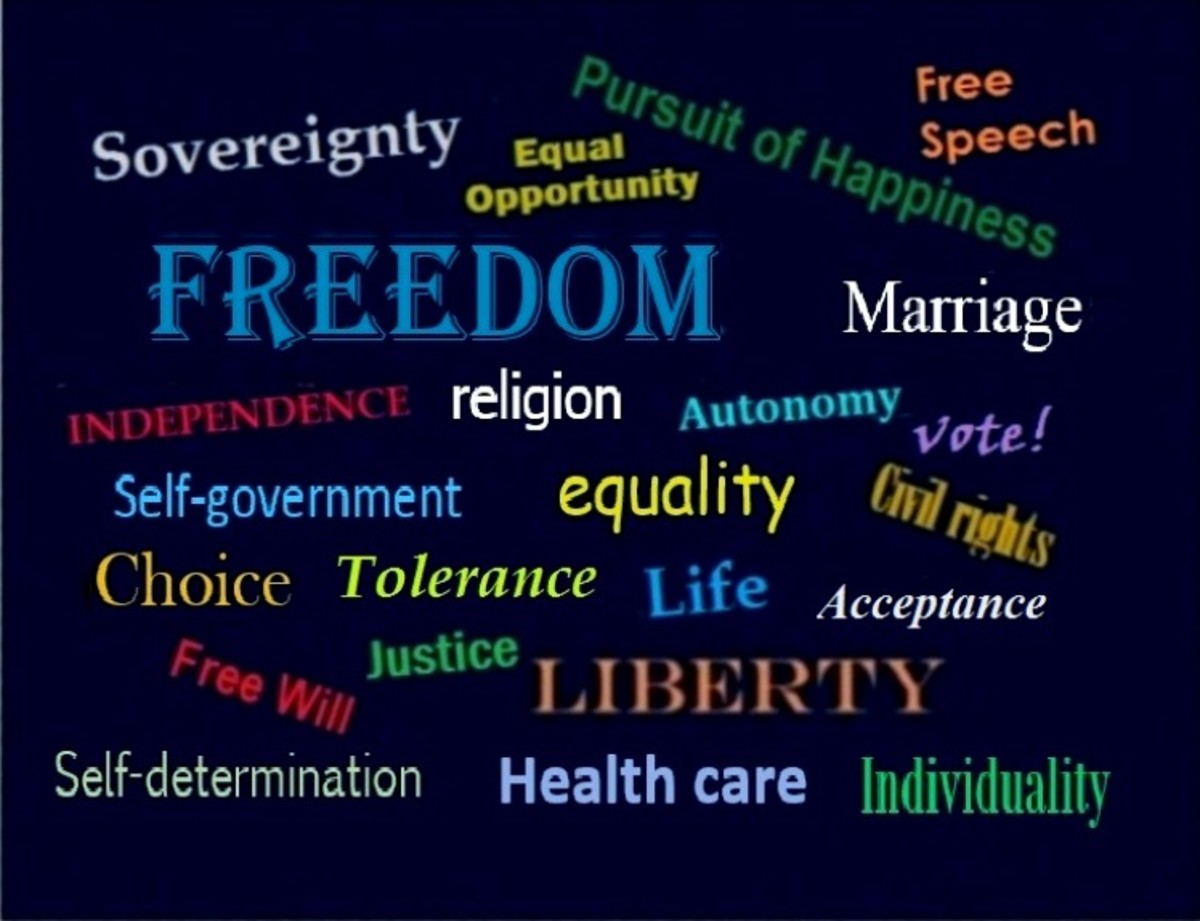Who is responsibile for enforcing federal laws?
The subject of enforcing federal laws is one that will be surfacing in the coming weeks and months as changes related to gun laws and others are enacted by various methods at the federal government level. There are many laws on the books which to some extent states have enforced, sometimes through agreement with various departments and agencies of the federal government. The question is not only who has the authority but who is responsible for enforcing federal laws as identified in the Constitution.
Not all federal laws require enforcement as some are just requirements which states must meet with regards to federal programs passed by Congress. Guidelines are established in federal programs to which states must comply to receive federal funding. Recently some states have passed laws imposing fines on public officials if they try to enforce federal gun laws within certain criteria. This type of action by some states raises the question of enforcement with regards to federal laws. Ultimately the federal government has the responsibility and the overall authority to enforce federal law as identified in the Constitution.
One important point to make associated with this responsibility/authority is the federal government has so many laws that there are not enough political officials within the federal government to enforce all of them. Should states enforce federal law when the federal government does not have the resources or should states place the responsibility upon the federal government? This is an interesting question and one which will undoubtedly be raised in the future as new laws and regulations are generated.
Many state governments along with the federal government have financial problems in meeting their obligations based on their individual Constitutions and laws along with the federal government and its issues with financial resources. The economic climate we are now in will ultimately force changes to be made at the state and federal government level. What these changes will be is unknown at this time but change needs to occur at both levels of government.
Issues with federal laws and programs have been in the news to some extent some more than others but it is clear that government levies requirements upon state governments but provide little or no funding in helping states pay for the resources required for compliance. Unfunded requirements now in existence at the state level are likely to get worse n the future dependent upon actions at the federal government.
The recent practice by some states taking steps to place restrictions on political or public officials in enforcing federal law is a movement that may increase given their individual financial situation and in some cases their political party affiliation. While this may not necessarily be the case in every instance it is a prevalent characteristic an example of which is the healthcare law and the lawsuits which were generated to the Supreme Court.
There are cases where it is in the best interest of state governments to enforce or establish mechanisms to comply with federal law and it is true federal law supersedes state laws regarding the topic involved. One distinction between federal and state law is that it cannot contradict the requirements identified in federal law which is also defined within the framework of the Constitution. While not contradicting federal law states sometimes add additional conditions which must be met with reference to specific federal law. The question whether this is constitutional may depend and has been dependent upon the details of state laws.
I understand the need for federal law to be enforced and the Attorney General has specific requirements in enforcing federal law under the authority in the Constitution and the laws that created the department. Changes in federal law are proposed from various levels. Sometimes it is Congress and sometimes it is the President who proposes changes given the example recently presented on changes to gun laws.
It is important at this point to make some distinction from actions proposing changes to federal law and giving direction to federal departments through executive orders. The purpose of executive orders is to provide direction and policy for the various departments and agencies. Whether this direction can be considered binding on the public may be a question which will need to be answered within our court system. Whether this needs to be done will be dependent upon the orders that are generated. One point to make is executive orders are meant to provide direction associated with laws passed by Congress and signed by the President. There will more than likely be some that are vague within scope of the executive orders in the coming weeks and months and it will be up to the states to decide if the executive orders have gone too far. Another point to make is the fact there is no defined penalty for not following an executive order except for those in the government who must follow them.








